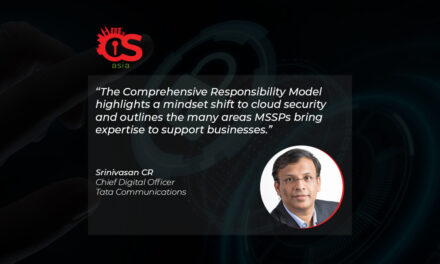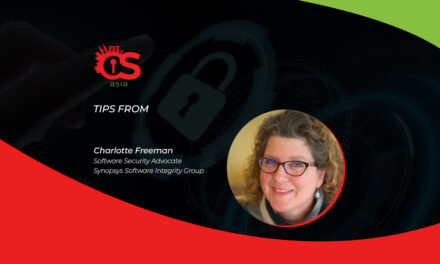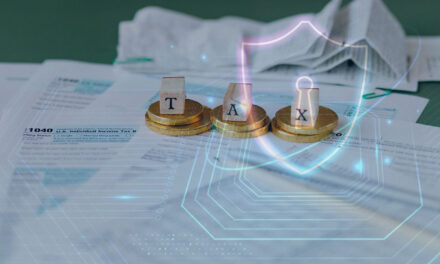Bill Gates and Elon Musk did NOT just reveal a get-rich-quick cryptocurrency scheme to you!
Many prominent, verified Twitter accounts have been implicated in tweeting cryptocoin scams, to the point that Twitter has announced a breach. Fake tweets have originated from a range of high-profile people and companies, including Joe Biden, Barack Obama, Bill Gates, Elon Musk, Apple and many more.
The scam tweets reportedly included catchy, and slightly suspicious messages such as “Feeling grateful, doubling all payments made to my Bitcoin address,” [note the spelling blunder], urging people to pay out US$1,000 and getting $2,000 back.
While these tweets should leave anyone feeling dubious, the fact that they originated from verified accounts made them much easier to fall for. Twitter is investigating the matter and has closed down parts of its service for the safety of its users by limiting the ability to Tweet, reset passwords, and other account functionalities.
Read also:
High-profile Twitter accounts hijacked in Bitcoin scam
According to Paul Ducklin, Principal Research Scientist at Sophos, people can avoid getting scammed by fake tweets if they follow these simple practices:
- If a message sounds too good to be true, it IS too good to be true. If any well-known person or company wanted to hand out huge amounts of money, they would not demand that you hand them money first. If in doubt, leave it out!
- Cryptocurrency transactions do not have the legal protections that you get with banks or payment card companies. In the world of cryptocurrency, there is no fraud reporting service or transaction cancellation. Sending someone cryptocoins is like handing over cash to a stranger in an envelope, so if in doubt, do not send it out!
- Look out for any and all signs that a message may not be real. Crooks do not have to make spelling mistakes or get important details wrong, but often they do, like the word grateful in the example above. So, if they do make a blunder, treat it with doubt unless everything checks out!
Regular readers of CybersecAsia will have noted that cryptocurrency is the hackers’ transaction type of choice, while celebrities, trusted personalities and hot trends of the day are their preferred approach pathway. When coming across these clues in any online activity, the rule of thumb is to doubt and desist. Stay safe!

















